How much of your brand identity do you own? If you really want to find out, run an online search of your brand and see what comes up. Do all pages that represent your brand belong to your brand? When you run a social media search, what comes up? Do all pages, accounts, profiles that represent your brand belong to you?
With the advent of social media, its become increasingly easy for “brand impostors” to steal the spotlight, especially on Facebook and Twitter – and it doesn’t stop at simple tweets and status updates. Some brand impostors go as far as creating campaigns and strategies, robbing your brand of its authenticity and control. Be aware that there is a big difference between accounts and pages that pay homage to your brand and impostors who act and speak on behalf of your brand. It boils down to owning your name, your voice and your customers and avoiding confusion and even legal issues.
A few examples of brand identity theft have been made quite public. For example, during the 2010 BP oil spill, fake Twitter accounts pretending to be BP PR appeared. Yahoo, Facebook, Aston Martin and AT&T have all been targets as well. Brand mascots haven’t been spared either, Mr.Clean, Chef Boyardee and the Pillsbury Doughboy have all been subjects of fake Twitter accounts.
Facebook is notorious for brand identity theft. Just recently I ran a search for 7-Eleven on Facebook and I found two brand pages: one for 7-Eleven, an official page, with 2.2 million likes and one for 711 with 21,000+ likes. It seems only natural in today’s short cut text messaging vocabulary that some 7-Eleven fans would and could search 7-Eleven by typing in 711 on Facebook. Since the Facebook page also looked like an official page, it has garnered significant likes. So will the real 7-Eleven stand up? Is it fair to assume that this page is an impostor… or was it started by an official brand ambassador and abandoned? Regardless of the story behind the two 7-Eleven Pages, or how and why they both exist, a brand needs to take action and ownership to help avoid confusion and reach their consumers and fans in an official way.
So how does a brand protect itself? Here are a few tips:
- Think ahead: Brands must have a strategy and a plan in place to prevent and quickly respond to a brand impostor. Will you make an official announcement about it? Will you go into attack mode? Will you do nothing? Making a strategic action plan to deal with impostors is imperative. Don’t be blindsided.
- Secure your name: A good rule of thumb is to secure all URLs, Twitter handles, Facebook pages and Facebook URLs that are associated with your brand. Even if you’re not using a specific page or account, it’s good to claim it to help protect your brand. Also, make sure it’s clear that you’re pages are official and verify your account on Twitter, if you can.
- Know what’s out there: As I mentioned earlier, keep searching for your brand online on a regular basis. Look for keywords related to your brand or brand name misspellings. If an impostor account exists on a social media site, make sure you report it.
- Take control: Some social media sites allow you to take over impostor brand accounts or pages, merging them and their “Likes” with your official page if you consider it important. Maybe fans or followers were not aware they were following an impostor.
Do you take a proactive role in protecting your brand online and on social media from identity theft? Also, go and Google your brand right now. What did you find?
We want your opinions so feel free to join the conversation on this and other marketing, branding and design topics… you can subscribe to 3H hoopla! here.


